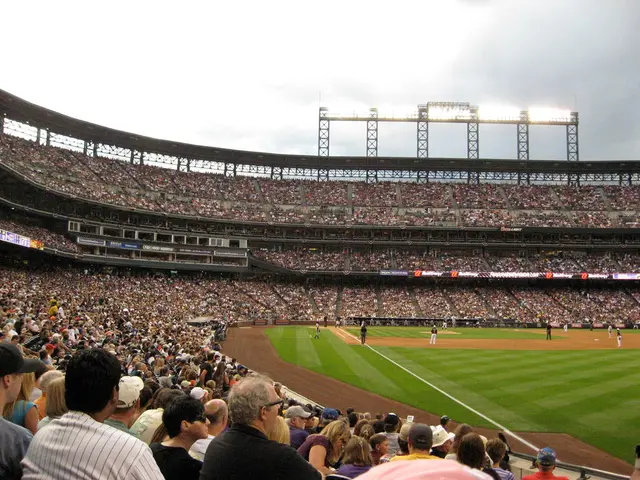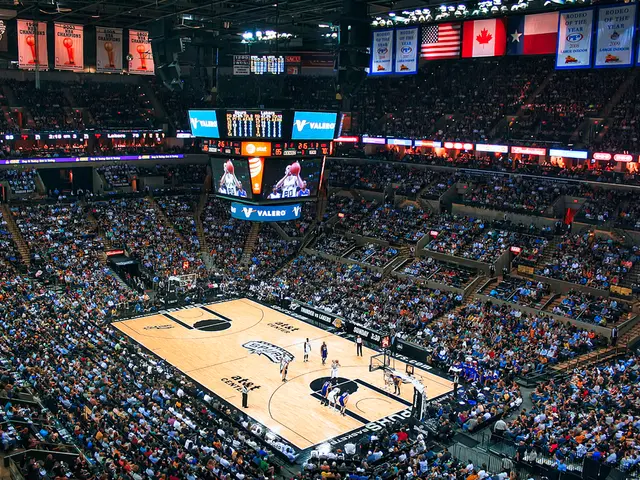Escalating Conflict in Gaza: Expansion of Israeli 'Humanitarian Zones' Leaves No Sanctuary
In a continuous barrage of airstrikes, ground operations, and territorial expansion, Gaza has been under siege since Israel intensified its military campaign in March. This relentless onslaught, combined with the scarcity of food and medicine, has effectively shrunk the living space for its Palestinian population, according to NBC News analysis.
Experts, humanitarian workers, and civilians interviewed paint a dire picture. People are being pushed into overcrowded areas, and once-designated safe zones are no longer secure. Israel's actions have shattered a fragile truce with Hamas, which ended negotiations on the second phase of a ceasefire deal aimed at achieving a permanent end to the violence.
Israel pulled out of a truce in March, just weeks after the first phase of the three-part ceasefire agreement. Since then, negotiations on the second phase have stalled, and Israel has blocked the flow of aid and goods into Gaza for over two months. The military has moved to secure more of the enclave, resulting in nearly half a million Palestinians in Gaza being displaced, as warned by the United Nations agency for Palestinian refugees, UNRWA.
Recent airstrikes target not just Gaza, but also southern Lebanon, with Israel citing Hamas and Hezbollah infrastructure as objectives. However, the humanitarian impact has been severe. At least 19 Palestinians were killed in a single day in mid-April, according to Gaza’s Civil Defense. Major humanitarian organizations accuse Israel of committing genocidal acts, a claim bolstered by the International Court of Justice’s finding of "plausible" genocide in January 2024.
As of April 2025, truce efforts remain stalled. While Prime Minister Netanyahu has instructed negotiators to continue working on hostage releases, the lack of progress suggests no imminent agreement. The Biden administration has faced criticism for providing weapons to Israel without meaningful human rights conditions.
Israel's actions since late 2023 prioritize territorial consolidation, with operations in Gaza City and Rafah aiming to establish semi-permanent "security zones." This aligns with political rhetoric suggesting long-term Israeli control over parts of Gaza. The situation in Gaza has reached a critical point, with the international community under growing pressure to intervene.
- Experts are warning that the ongoing war-and-conflicts in Gaza could escalate, as Israel's continuing airstrikes and ground operations have pushed nearly half a million Palestinians into displacement.
- The politics surrounding Gaza remain complex, with Israel allegedly committing genocidal acts against the Palestinian population, a claim corroborated by major humanitarian organizations and the International Court of Justice.
- In the general news, the United Nations agency for Palestinian refugees, UNRWA, has repeatedly warned about the dire humanitarian situation in Gaza, where people are being forced into overcrowded areas, and safe zones are no longer secure.
- As efforts for a ceasefire continue to stall, the international community is under increasing pressure to intervene in the crime-and-justice issues in Gaza, particularly with Israel's military campaigns and blockade of aid and goods into the region.










